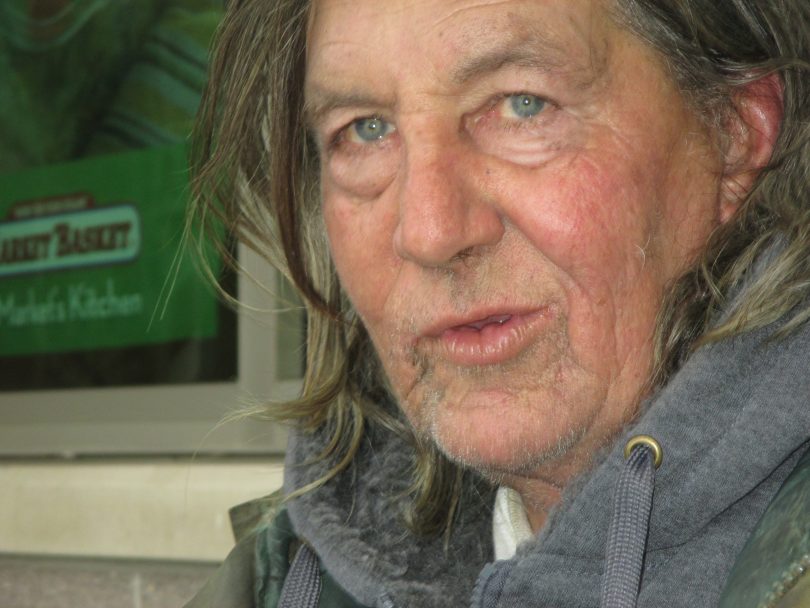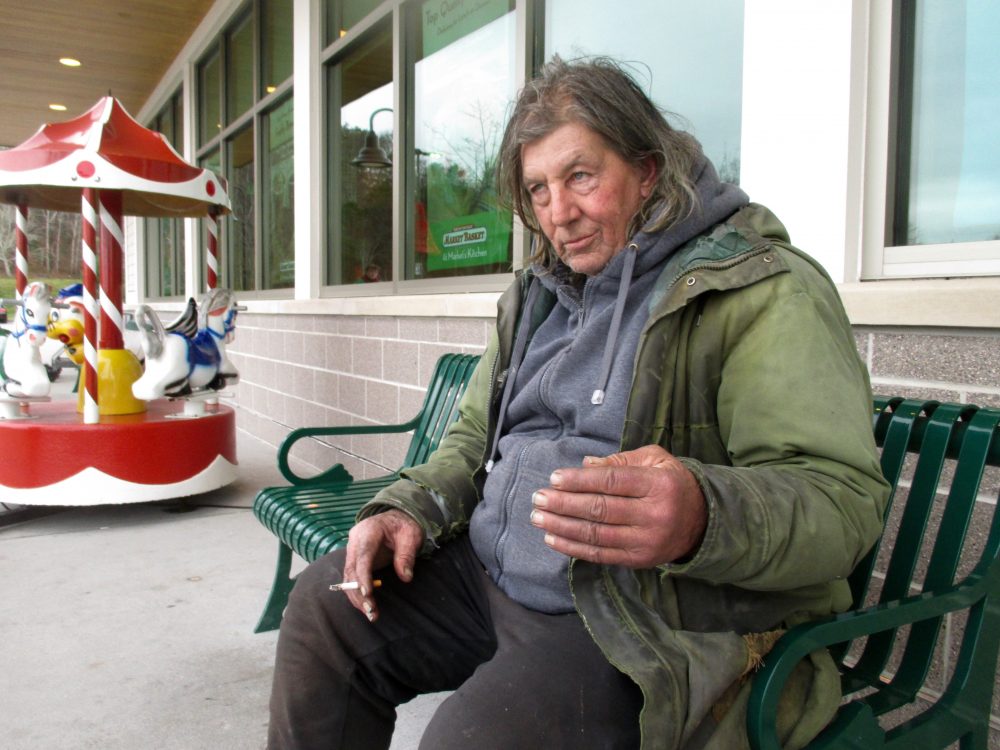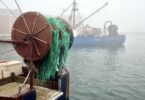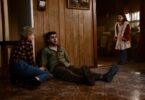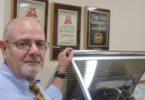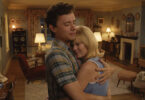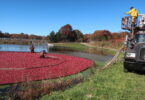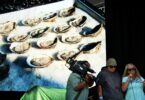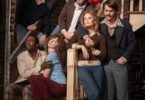BOURNE – The question is why? The answer, with all of its complicated tangents, said Dana Parke, 65, who has lived “on the streets” for many years, is: fishing.
Homelessness has many faces. This is one. “It looks worse than it is,” said Parke, who spends many of his days in the cafe at the popular Market Basket grocery store on the Cape side of the Sagamore Bridge. He hasn’t showered, he said, in five years.
“I’m happy.” – Dana Parke, who lives on the streets
It is not a good look. He knows it. But there is a kindness that seems to revolve around his quiet presence at the store as a customer and solitary fixture. Many people – other customers and, especially, store employees – seem to have welcomed him as something like family. He is a bit of a poster child for the old cliche of, Don’t judge a book by its cover.
“I’m happy,” he said.
All day long at the store, he drinks coffee or soda. Or he sleeps in his chair. Or he eats, or walks outside and smokes. He buys his coffee and soda at the store. He buys his food at the store. He buys his cigarettes at the store. He buys lottery tickets at the store. Parke said he gets $600 a month in social security and he spends most of it at the store.
Parke has something of his own designated table in Market Basket. I have eaten lunch in the store several times, and he is always at the same table, eating, sleeping, or drinking coffee.
“I am Russian and Irish descent,” said Parke. “I can drink. I can get drunk. But I don’t need it. Once in a while I’ll put on a good drunk and then I don’t touch it for a month or two months.”
Everyone there is friendly to him. I have seen employees treat him like a friend. And the customers are just as nice, giving him, unrequested, food and money. Sometimes, it shows up at his table when he is not there. I have seen him turn it down.
Asked about it all, Parke said, “It feels like everyone in every car in that parking lot are my friends.” The parking lot looked full.

